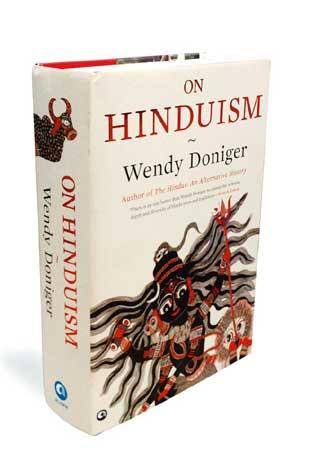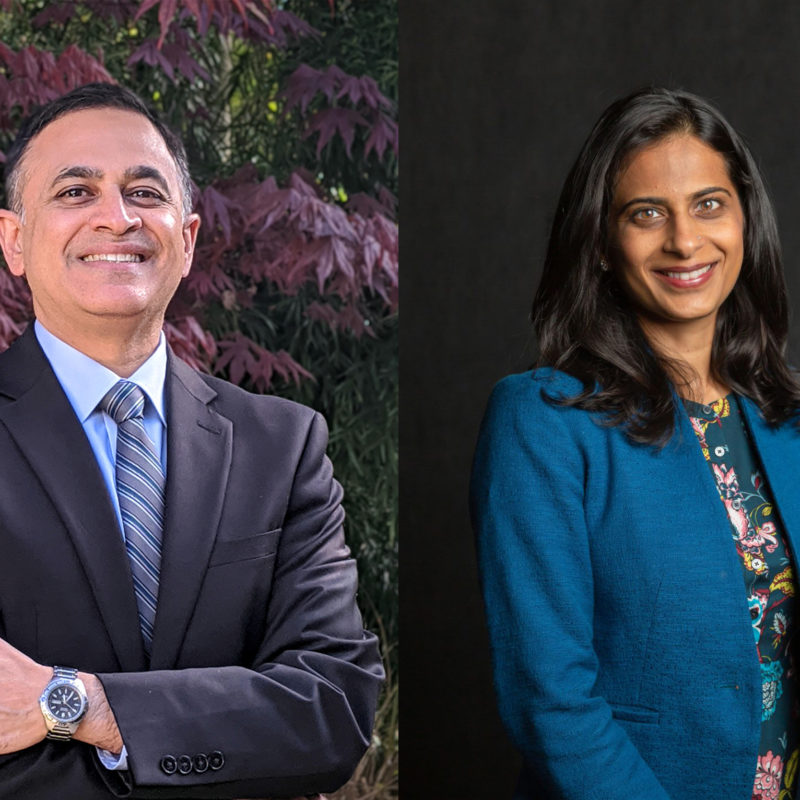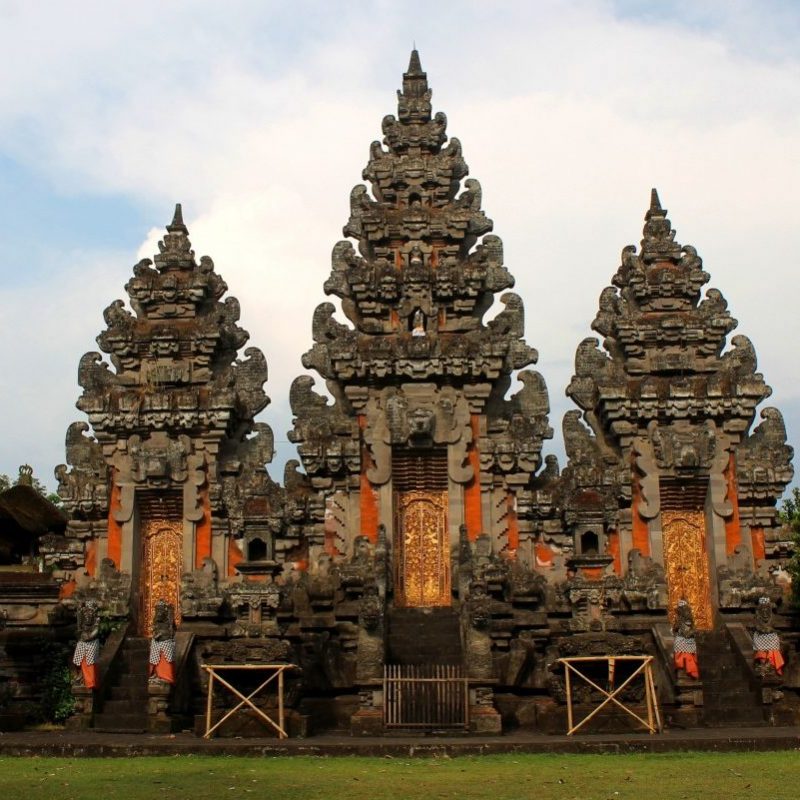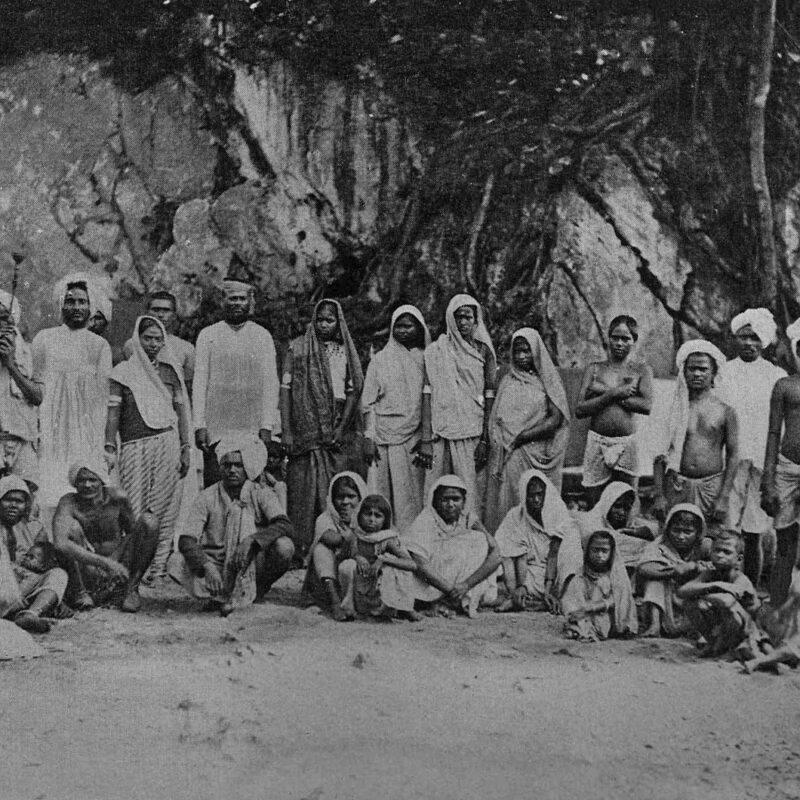
Ananya Vajpeyi’s review of noted Hinduism scholar Wendy Doniger’s On Hinduism and The Hindus attempted to explain the long complicated social and cultural histories of both Hinduism and India. In many ways, Hinduism’s development has mirrored that of India’s, and vice versa; in others, they diverge, particularly the development of Hinduism in its Diaspora, both Indic and non-Indic.
Vajpeyi’s assessment of the Doniger controversy and the larger issue of the often volatile mix of religion and politics in India is, for the most part, nuanced. However, her review also has several major shortcomings and doesn’t adequately contextualize the complex convergence of religion, nationalism, and cultural identities in India and across the subcontinent. For starters, the censorship of Doniger’s work is outrageous, but the controversy over the Penguin decision obscured the many academic criticisms of her research. Doniger is indeed considered an expert on some aspects of Hinduism, particularly references to sexuality, but it has been highly problematic to see her become the voice in the study of Hinduism, given the ocean of diverse voices who have sought to explain its theological development.
While the response from right-wing Hindus to Doniger has been condemnable (and unfortunately has reached the level of personal threats) and often misogynistic, her critics can’t be lumped in together, as Vajpeyi seemingly does. When she mentions the Hindu American Foundation’s criticism of Doniger’s work, Vajpeyi takes a quote out of context and places it within the realm of those who are firmly opposed to Doniger’s right to her research. In fact, HAF was opposed to academic groups honoring Doniger’s work despite its numerous factual inaccuracies, which were themselves pointed out by a number of her counterparts in the American Academy of Religions. Since The Hindus was published in 2009, HAF has consistently supported Doniger’s academic freedom without supporting the content of her work, a nuance that Vajpeyi clearly overlooks or omits.
Further, it’s a bit questionable to claim that Doniger is attempting to undercut Orientalist assumptions of Hinduism when in a number of instances, she simply reinforces them, including her overstating of Vedic violence and her exoticization of Hindu worship. In this regard, Vajpeyi does make an important point: Doniger attempts to write with sympathy, but she lacks the empathy from which to truly understand the expanse of Hindu philosophy and practice. No matter Doniger’s intentions, her writing sometimes comes across as patronizing, and, for some, reflective of a sublime racism that – even if unintentional – reinforces the worst assumptions of a certain group.
Moreover, Vajpeyi’s analysis underscores a major shortcoming of Doniger’s work and a flaw in the rationale of many of her Indian liberal supporters. Doniger focuses on India without understanding how and why Hinduism came to be and how it spread, sometimes even despite itself, to other parts of the world as a non-proselytizing faith. While she is a heavyweight scholar, Vajpeyi and other high-profile Indian supporters of Doniger are intellectuals whose perspectives are shaped profoundly from the vantage of Hindu majoritarianism. Even the idea of Hindutva as presented by Vajpeyi has been limited to the northern part of India and overlooks the complex demographics of the country as a whole, including in states such as Jammu and Kashmir, Punjab, Meghalaya, Mizoram, and Nagaland, where Hindus are minorities. As Indian historian Ramachandra Guha notes, the focus on Hindus as a perennial majority based purely on India overlooks the often traumatic experiences of Hindus in other parts of the subcontinent (Bangladesh, Bhutan, Pakistan, and Sri Lanka, for example) and across the Diaspora. Moreover, post-partition violence has come from many communities in India, whether it be from the Sikh separatist movement of the 1960s to 1980s, the Kashmiri Islamic militancy from the late 1980s, or the ongoing Naxalite rebellions whose frontlines are often manned by Christian tribals. It’s also problematic that Vajpeyi assesses Hindu nationalism as a Diasporic phenomenon when Hindus in the West Indies, South Africa, Europe and North America have generationally struggled to escape marginalization and being viewed as the Other.
The rise of Narendra Modi might be problematic for Indian liberals, but in some ways, it has come of their own making. India’s liberals have in recent years lacked the vision to transform India, owing in large part to the fracturing of India’s political system along regional, class, and ethnic lines, and the construction of governing coalitions that have done a lot of nothing over the years. For me, as an American liberal, the position of my Indian counterparts now is in many ways reminiscent of American liberalism in the mid-1970s through the early 1990s: devoid of direction and full of hand-wringing. Additionally, as noted Indian liberal public intellectual Shiv Viswanathan wrote shortly after Modi’s election, the Indian intelligentsia long downplayed and trivialized the very real concerns of practicing Hindus, especially the selective concept of Indian secularism and the fact that the worst of Indian social practices were being thrown solely at the feet of Hinduism (contrary to what Vajpeyi claims, caste is not central to Hinduism and isn’t unique to Hindus in India; all faiths in India observe one form of caste-ism or another).
Hindu nationalism in India has taken on numerous iterations since Vinayak Damodar Savarkar’s time, and like any political ideology, the nationalist camp includes the spectrum of pragmatists and ideologues. The RSS’s communal rhetoric can’t be overlooked or downplayed, but it’s worth noting that thousands of the RSS’s most fervent loyalists come from minority religious groups such as Muslims and Sikhs. Homogenizing the experience of any religious group in India carries with it the great danger of misdiagnosing the actual challenges a society faces. Modi – dogged by the human rights concerns Vajpeyi notes in her piece – shrewdly calculated that a pro-economic development message devoid of communalism would bring him to power, and he was right.
The Indian liberal response to Modi’s victory requires a more inclusive strategy that doesn’t lump together all practicing Hindus as Hindutva supporters, as some liberal writers have done in the wake of the elections. It would require an acknowledgment by Vajpeyi and others such as Pankaj Mishra that while Hinduism can be problematized, its core philosophies deserve some credit for the sort of secularism they so long for in India. In the meantime, Doniger will continue to be famous, Modi will rule India, and much of the Diaspora will remain galvanized, divided, or indifferent on the question of India’s political future.








































